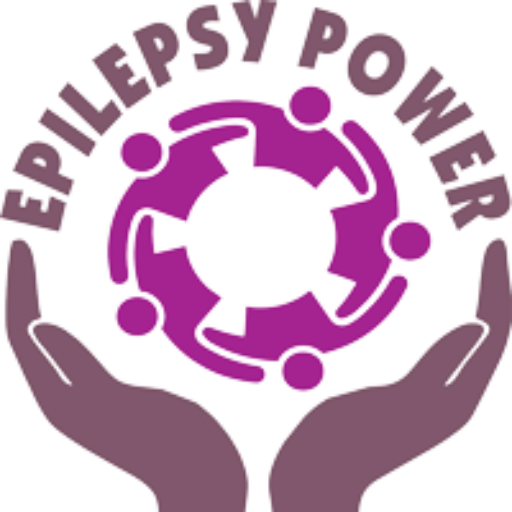- Introduction
- Section 1: Knowing the main competences of a HR manager and the main activities of HR office
- Section 2: Understanding the specific needs of PwE to allow optimal integration in a workplace
- Section 3: How to manage people by considering the size of the organization and other diversity-inclusion management aspects needed for PwE
- Section 4: Measuring and enhancing staff performance using appropriate evaluation methods, including for people with epilepsy (PwE)
- Concluding Remarks
- Quiz
Total Participants: 3
N. of issued certificate: 1
There can be many barriers to employment for people with epilepsy and vary depending on the type of epilepsy and the size of the work environment. The main barriers, especially in SMEs (Small and Medium Enterprises), include:
- Access to information. People with epilepsy often find it difficult to access information about available jobs because this information is not always available in accessible formats.
- Negative attitudes. People with epilepsy often encounter prejudices and negative attitudes from employers and colleagues, which can adversely affect their professional careers.
- Lack of assistive technologies. People with epilepsy often need accommodations and assistive technologies to carry out their work activities, of which are not always available or accessible in many work environments.
- Inadequate training. People with epilepsy often do not have the opportunity to follow adequate training courses to prepare them for their desired professions, or do not have the specific training to use assistive technologies.
- Physical accessibility. People with epilepsy often encounter physical barriers in the workplace, such as escalators, too narrow doors, inaccessible toilets, which may prevent them from accessing the workplace or carrying out their work activities safely and independently.
- Non-inclusive work environment. Companies that have not adopted inclusive policies and practices can make it difficult for people with epilepsy to feel accepted and valued, limiting their ability to participate fully in work and company life.

Research findings on the employment of people with epilepsy have highlighted some concerning trends. Firstly, it has been shown that people with epilepsy have significantly higher unemployment rates. Secondly, people with epilepsy who do manage to find work are often underemployed or in lower paid jobs than those without epilepsy.
Research has also identified some of the specific barriers that people with epilepsy face in their job search and professional career. The most common barriers include:
- Prejudices and negative attitudes on the part of employers.
- Lack of appropriate assistive technology.
- Inadequate training.
- Inaccessible working environment.
- Poor company support policies.
Furthermore, studies have demonstrated that companies which promote the employment inclusion of people with epilepsy are more likely to have a more productive work environment, greater diversity and higher employee retention.
The findings of this research indicate the need for targeted actions to overcome barriers to employment for people with epilepsy and promote an inclusive and accessible work environment for all.
Now it’s your turn!
What actions could you implement in an SME to address the specific needs of people with epilepsy and ensure their optimal management?
